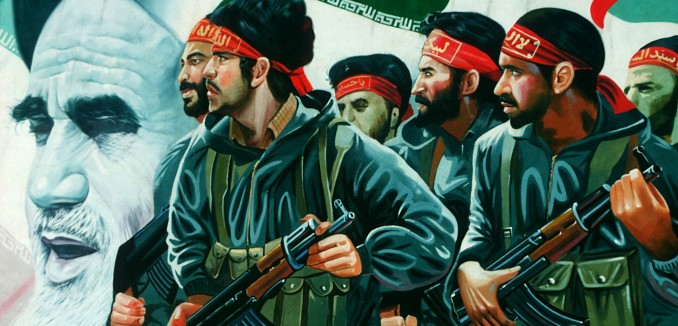When the Islamic State of Iraq and Syria (ISIS) initally seized large parts of Iraq, the Iraqi Prime Minister Nouri al-Maliki was replaced and Iran, with whom al-Maliki had close ties, seemingly suffered a reduced level control over Baghdad. Now Tehran is trying to increase both its overt and covert involvement in its neighbor’s affairs.
As neighbors with large Shi’ite populations, Iran and Iraq have been close since the removal of Sunni dictator Saddam Hussein in 2003. Tehran’s role has become increasingly open in recent years. The relationship has deepened militarily after the rapid penetration by ISIS fighters from Syria deep into Iraq in the last months, which continues to pose a major threat to Iraq, as reported by the Al-Arab newspaper.
The rapid advances by ISIS forces led Iran to send weapons to Kurdish militants in northern Iraq and to send military advisers (Arabic link) across the border. An Iranian ground forces commander, Ahmad Reza Pourdestana, even said Iran will attack ISIS fighters inside Iraq if they advance near the border. According to some reports (Arabic link), there are already Iranian forces inside Iraq.
Iran is mainly worried about the safety of Shi’ite religious cities and shrines that are located inside Iraq, such as Karbala, Samarra and Najaf. Iranian media outlets report on a regular basis about the death of Iranian “volunteers” that were killed in Iraq while protecting Shi’ite holy places.
But Iran’s involvement in Iraq is no longer covert. Iranian military officials visit different places in Iraq and make it clear that without the help of Iran, Iraq as a whole would be conquered by ISIS. Iranian television recently published a rare picture of its elite Quds Force chief on an Iraqi battlefield.
In a new diplomatic warming, Iraqi Prime Minister Haidar al-Abadi met with President Hassan Rouhani and Vice President Eshaq Jahangiri during a one-day visit in Iran last week. The two sides emphasized the strategic aspects of Iran-Iraq relations on the basis of mutual respect and interests and expressed their willingness to improve relations at all levels in the political, economic, security and commercial fields.
However, the Iraqi leader’s visit to Iran provoked a wave of controversy and debate among Iraqis about the extent of Iranian influence in Iraq, the Al-Quds Al-Arabi newspaper (Arabic link) and Al-Jazeera (Arabic link) reported.
[Photo: Neil Hester / flickr]




